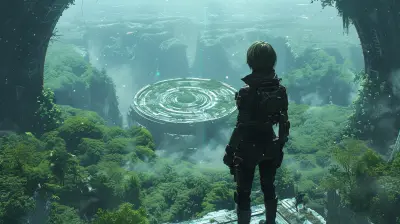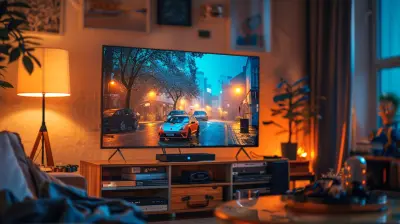Game-Like Learning: What Educational Games Can Learn from Entertainment Games
30 July 2025
When it comes to gaming, you probably think of immersive storylines, heart-racing quests, or maybe even late-night marathons with friends. But what if I told you those same elements could turn learning into something just as exciting? Yep, I’m talking about educational games taking a page from the entertainment playbook. Stick with me—this isn’t just wishful thinking; it’s something that could redefine how we learn in the future.
Educational games have been around for a while now, but let’s be honest, they often get a bad rap. Sure, they’re “educational,” but are they fun? Not always. To level up (pun intended), they need to swipe some power-ups from their entertainment counterparts. Let’s break it all down, shall we?
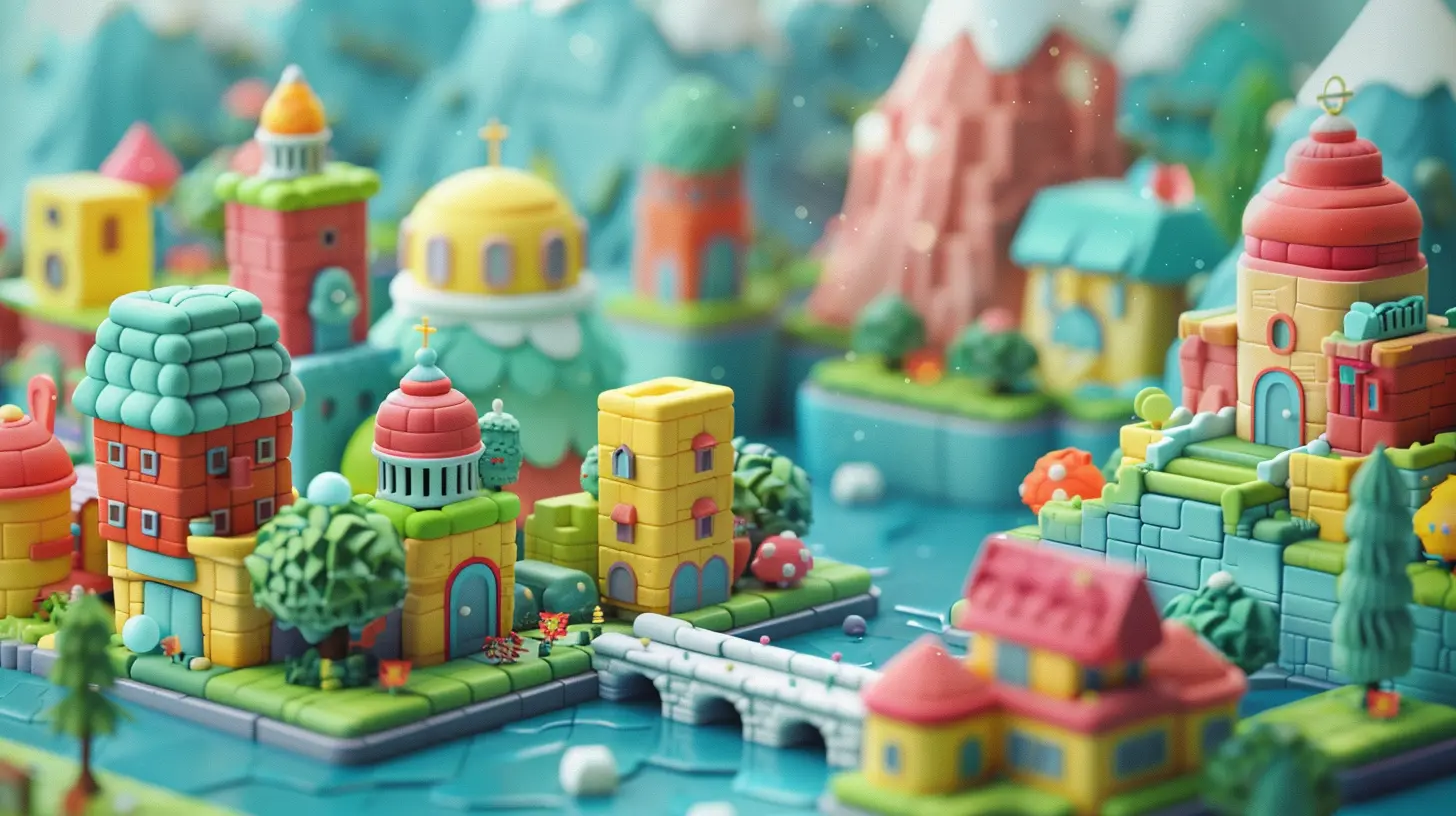
The Divide Between Educational Games and Entertainment Games
Let’s face it—there’s a massive gap between educational games and entertainment games. And I think you know what I’m talking about. Entertainment games like The Legend of Zelda or Fortnite suck us in with gripping narratives, stunning visuals, and a sense of achievement that gets those “just one more level” endorphins flowing. On the flip side, educational games often feel like broccoli disguised as candy. Sure, we’ll take a bite, but we’re not coming back for seconds.Why is that? Simple. Entertainment games are designed to be fun, first and foremost. Educational games, while well-intentioned, often prioritize the “learning” part so much that the “fun” gets lost in the shuffle. And that’s the first hurdle they need to overcome.
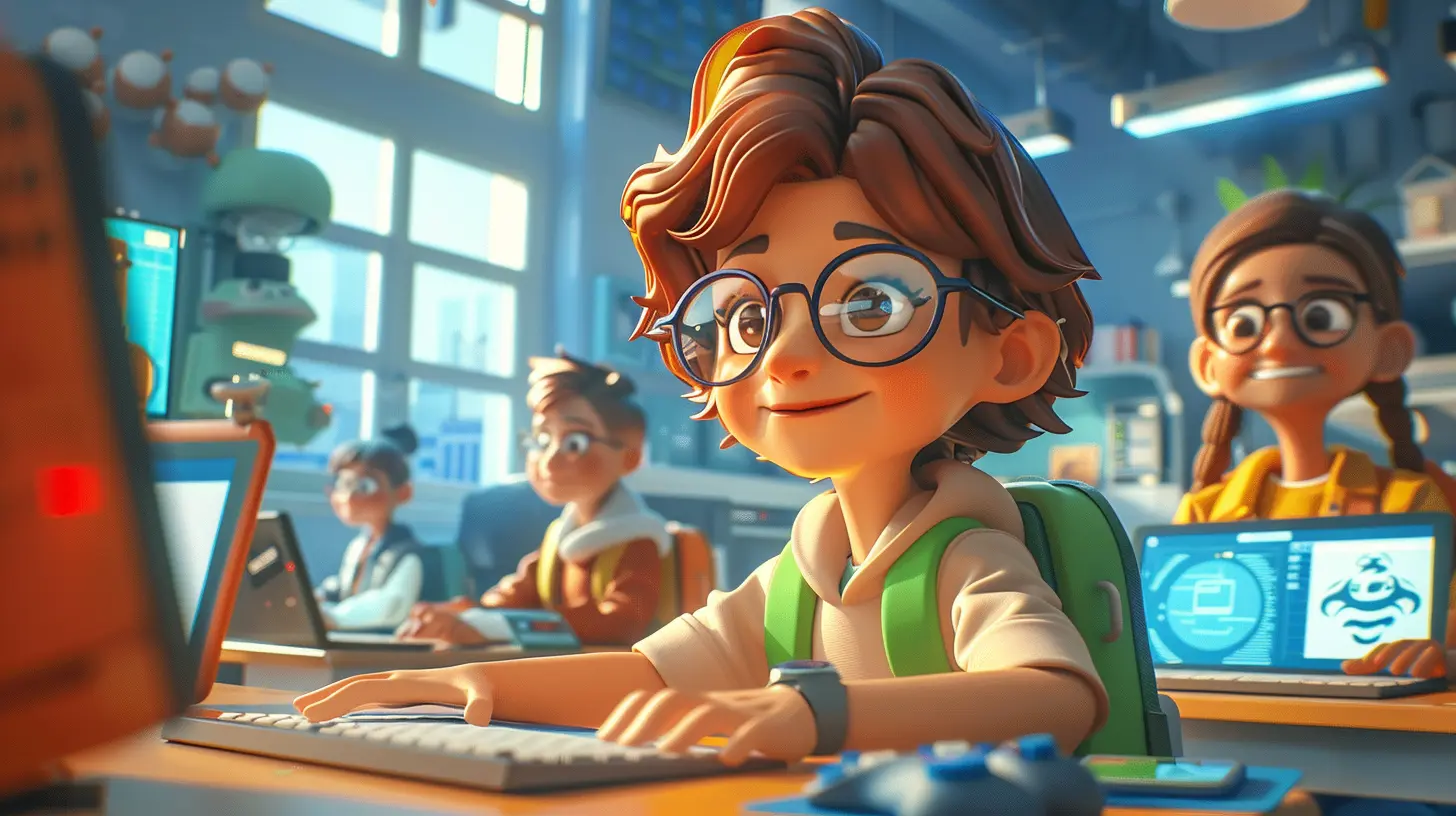
What Makes Entertainment Games So Addictive?
Entertainment games have this magical ability to hook players for hours on end. But how do they actually do it? Let’s break down the secret sauce:1. Storytelling That Pulls You In
Ever noticed how the best games feel more like movies or novels? Whether you’re exploring dystopian worlds in The Last of Us or piecing together mysteries in Hollow Knight, storytelling plays a massive role in keeping you hooked. Educational games could totally use this. Imagine if math problems were woven into an epic adventure to save a kingdom. That’s way more captivating than a dull worksheet, right?
2. The "Flow" State
Have you ever gotten so lost in a game that hours flew by? That’s called the flow state—the sweet spot where a task is just challenging enough to keep you engaged without feeling overwhelming. Entertainment games nail this balance. Educational games? Not so much. They often swing too far towards either being mind-numbingly easy or head-bangingly hard. If they can strike that Goldilocks balance, they’ll have a better shot at keeping learners engaged.
3. Reward Systems That Keep You Coming Back
Think about it: leveling up, unlocking achievements, finding rare loot—these are all dopamine-filled rewards that make gaming ridiculously satisfying. Educational games could take a cue here too. Rather than “collecting stars” or “unlocking badges” that don’t feel meaningful, how about rewards that actually resonate with players? Maybe the ability to customize your character or unlock new levels of the storyline?
4. Social Connection
Have you noticed how multiplayer games like Among Us or Minecraft bring people together? Humans are social creatures, and we love sharing experiences. Educational games could introduce team-based tasks or friendly competitions to make learning collaborative and, dare I say, fun.
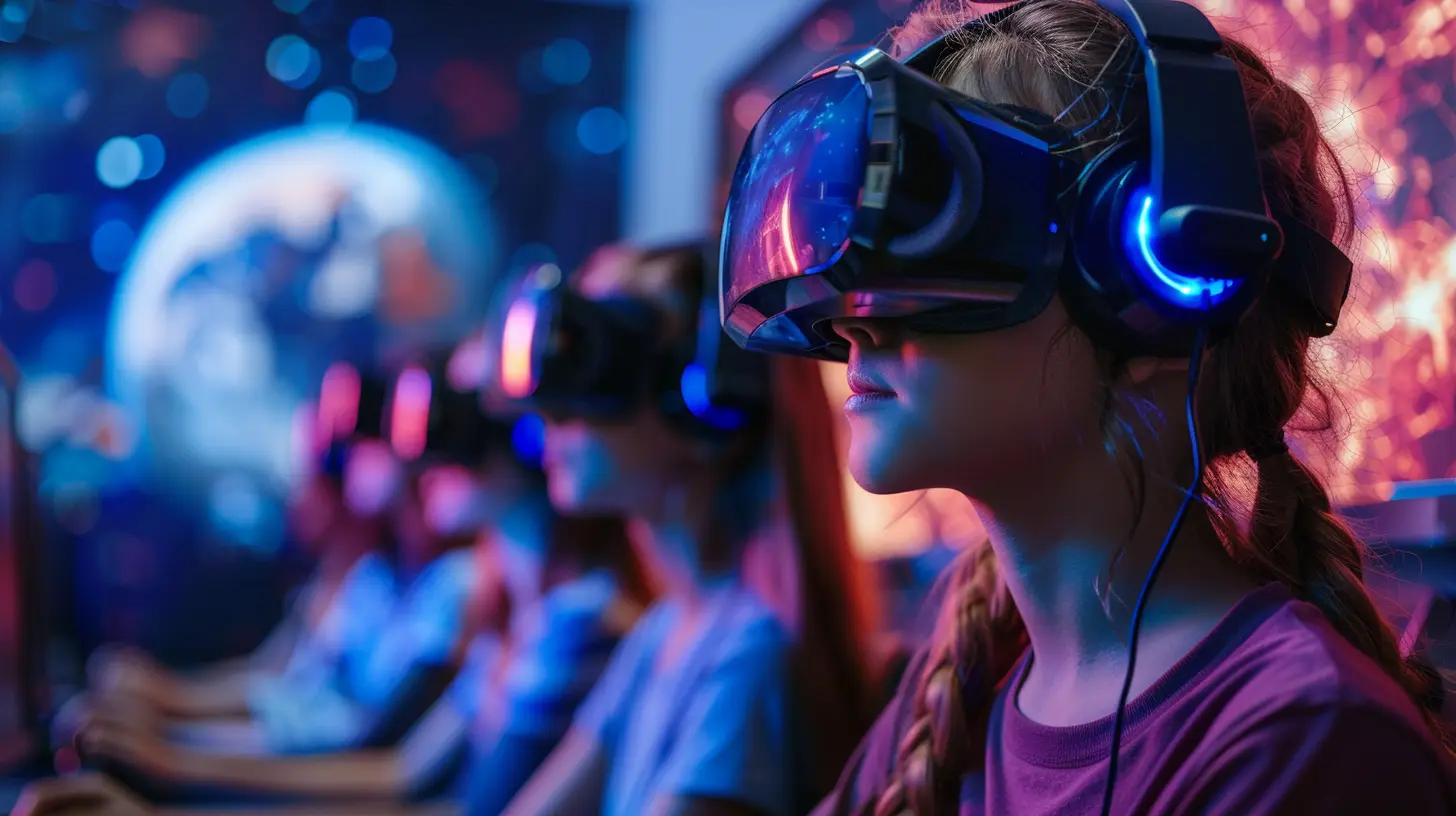
What’s Holding Educational Games Back?
Alright, so why aren’t educational games already as awesome as entertainment games? There are a few reasons, and it’s not entirely their fault.1. Overemphasis on "Education"
Don’t get me wrong, education is the whole point. But sometimes, it feels like the fun is an afterthought. Would you want to play a game that feels like a glorified pop quiz? Neither would I.
2. Limited Budgets and Resources
Let’s be real here—AAA entertainment games have massive budgets and entire teams of developers, designers, and writers. Educational games? Not so much. When you’re working with limited resources, it’s tough to compete with the polish and depth of big-name entertainment games.
3. Misaligned Goals
Educational games are often designed with a “you need to learn X skill” mindset, and that’s fine. But it forgets one crucial thing—players need to want to play the game. If engagement takes a backseat to instruction, the whole experience feels forced.
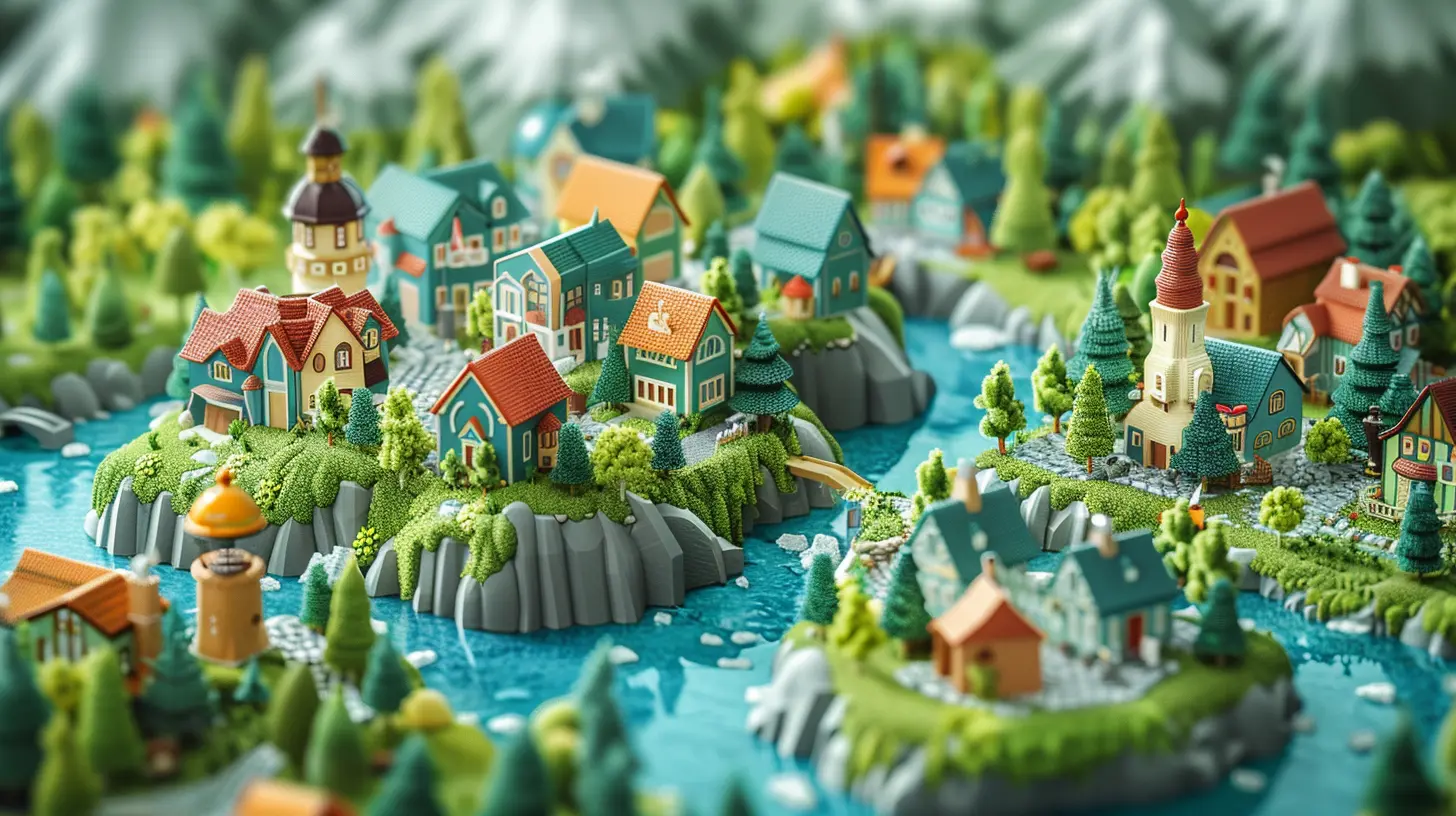
Lessons Educational Games Can Learn From the Pros
Okay, so educational games have their challenges, but the good news is they can absolutely learn from what entertainment games already do so well. Here’s how they can bridge the gap:1. Make Learning Seamless
Think about how you learn to play a game like Super Mario. Nobody hands you a 10-page manual—you just start playing. The mechanics are built into the experience. Educational games could adopt this same mentality. Instead of shoving instructions in your face, why not weave learning moments directly into gameplay?2. Add More Player Freedom
Gamers love choice. Whether it’s customizing characters, exploring open worlds, or deciding on story outcomes, choice makes people feel invested. Educational games could give learners more control over their learning paths. Want to focus on history instead of biology? Cool. Prefer tackling algebra through an RPG battle system? Even better.3. Bring in Real Challenges
Nobody likes busywork, especially not gamers. The best entertainment games challenge players in meaningful ways, forcing them to think critically and adapt. Educational games could toss out the repetitive drills and instead present problems that feel like real puzzles to solve.4. Build Emotional Connections
Have you cried during a game? Be honest. Entertainment games often tug at our heartstrings, creating experiences we’ll never forget. Educational games could use more emotional depth. Imagine a game where you’re helping a character overcome challenges by solving problems and, in doing so, you’re actually learning something about yourself. That kind of stuff sticks.5. Embrace Collaboration
Why go solo when you can team up? Multiplayer and co-op modes are insanely popular for a reason—they create shared experiences. Educational games should consider adding collaborative elements, like team challenges or peer-to-peer problem-solving.The Future of Learning Through Games
Here’s the incredible part: we’re on the brink of something awesome. Technology like VR and AR is already blending the lines between gaming and real-world experiences. Imagine teaching kids about ancient history by letting them walk through a full-scale simulation of the pyramids in Egypt. How cool would that be?As AI advances, games will also be able to adapt to individual learning styles, offering personalized experiences that cater to every type of learner. Whether you’re a visual learner, a hands-on problem solver, or someone who thrives on storytelling, there’ll be a game tailored just for you.
And it’s not just for kids. Adults can benefit too. From learning a new language to mastering coding, educational games have the potential to make lifelong learning a genuinely enjoyable experience.
Wrapping It Up
So here’s the deal: educational games have all the tools they need to become as engaging as entertainment games. They just need to focus less on ticking the “educational” box and more on creating genuinely enjoyable experiences. By borrowing elements like compelling storytelling, meaningful rewards, and social interaction, they can turn learning into something we actually look forward to.At the end of the day, learning doesn’t have to be boring, and games don’t have to be mindless. With the right mix of education and entertainment, we could create something truly groundbreaking. Who’s ready to press start?
all images in this post were generated using AI tools
Category:
Game DesignAuthor:

Aurora Sharpe
Discussion
rate this article
2 comments
Kaitlin Malone
Who knew learning could be as thrilling as dodging virtual dragons? Let’s sprinkle some power-ups on textbooks, toss in epic boss battles, and make 'homework' a high-score event. Because who doesn't want to level up in math class?
December 5, 2025 at 5:58 AM

Aurora Sharpe
Absolutely! Merging game elements like power-ups and challenges into education can make learning more engaging and enjoyable. Let’s level up the classroom experience!
Holden Becker
Engaging gameplay mechanics are key to effective educational games.
August 13, 2025 at 2:51 AM

Aurora Sharpe
Absolutely! Engaging gameplay mechanics not only enhance player enjoyment but also facilitate deeper learning by keeping players motivated and invested in the educational content.
